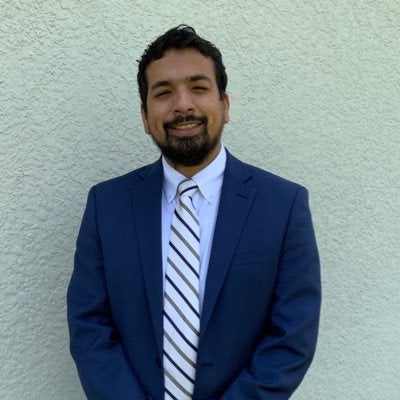Name: 
Dr. Miguel Reina Ortiz
Position:
Associate Professor
What originally encouraged you to work and teach in the public health space?
I have a long standing passion for supporting those who are disadvantaged and underserved. This passion stems from and is informed by a strong sense of social justice and an understanding that both health and education are primordial population needs that need to be met. In addition, I have always felt a need for bridging different groups and for reaching out to those who think differently than I do to understand their viewpoint—particularly when it comes to cross-cultural dialogue.
Being raised by a health educator-turned-pharmacy-owner and being exposed to pharmaceutical and health prevention knowledge in my early years imbued in me a strong desire to leverage medicine as a way to close the gap between haves and have-nots in the context of my passions described above. So, I obtained my first degre, a doctorate in Medicine and Surgery. Afterward, the underlying passion for health equality and my affinity for cross-cultural dialogue unavoidably brought me to the field of public health in general and global health in particular.
What brought you to Boise State University?
Joining the School of Public and Population Health at a moment of accelerated growth and development is exciting. I hope I can contribute to solidify the School’s successful trajectory. My areas of primary research and scholarly interest are in the prevention and control of infectious diseases, global health, post-disaster health outcomes, and global health diplomacy. I believe that my expertise complements very well that of other colleagues at the School. I look forward to what we can do together to improve the health of the public in Boise, Idaho, our nation, and beyond.
In addition, I am very interested in exploring opportunities to support the health outcomes of our local communities in the Boise area. In particular, I want to connect with community organizations serving and being led by Latinos(as)/Hispanics and to assess their interest in developing joint public health projects addressing the needs of the Latino community in Boise and Idaho.
What courses are you most excited to teach?
I am most excited about teaching global health courses which include global health foundational principles as well as specialized topics in global health such as global health and tropical medicine and hygiene.
I am excited about teaching these courses because they open up students to the possibility of understanding just how interconnected we all are in this world. As such, it’s imperative that we are intentional about promoting the wellbeing of all, not just ourselves; it’s my hope that these courses will help students cement this idea, which they very likely already have incorporated into their thought processes. Also, an essential requirement of global health research and practice is the adoption of culturally responsive and sensitive methods. As I grew up, I was very excited to learn from others, particularly those of other cultures. I hope to bring that excitement to my class discussions.
What sort of research or project (current or future) are you excited about?
Currently, I am the Principal Investigator of a research project titled “EnRICHing Latinos Living with HIV by Optimizing Retention in Care” (short title). In this project, we are exploring the use of principles of behavioral economics to improve retention in HIV care (RICH) among Latinos living with HIV. If successful in the long term, this research could lead to programmatic interventions that would help Latinos living with HIV to remain in care. This is essential as RICH is likely to lead to viral suppression which benefits both the individual (by reducing the risk of HIV-mortality and improving quality of life) and the community (by reducing the risk of HIV transmission). It’s a win-win situation, and we’re striving to achieve it.
What do you enjoy doing outside teaching and research?
I most enjoy spending time with my family. I have two active daughters that demand my attention every minute, and I love it. We play, we talk, we tell stories, we walk, we exercise, we work, we learn, we pray. Every single moment is cherished.